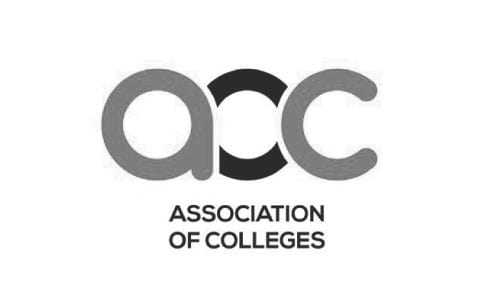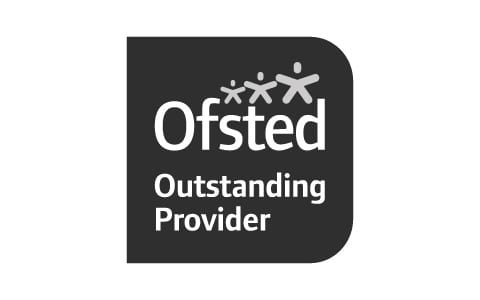Making products, making industries, making careers
Nelson and Colne College Group’s Assistant Principal for Technical Curriculum, Morag Davis, joined a panel of local leaders for a discussion on how Lancashire can prepare for the industries and tech of tomorrow, and empower the workforce with the skills to drive them.
Morag discussed the opportunities that exist for business and academia to come together and some of the innovative solutions being deployed to fill the ongoing skills gap.
She began by sharing Nelson & Colne College Group’s recent Ofsted inspection in which we received Outstanding across the board, in part, as a result of the deep collaboration with local employers at every level.
Adding colour to the picture, Morag explained how the level of engagement with local businesses has led to their input becoming the “backbone of the college’s curriculum,” taking multiple forms from leaders coming into to talk to students to checking on curriculum content, to ensuring training is relevant to sector needs.
On the skills gap, Morag spoke of the significant investment being provided from the UK government, partly because of the ‘Skills Whitepaper’ produced by the Commission for the College of the Future – of which Nelson & Colne College Group’s Principal and CEO, Amanda Melton, was a contributor.
She explained how the college has used this funding to strengthen ties with local employers and develop apprenticeship programs so students can enter real working environments and begin applying their skills immediately.
Giving a real-world example, Morag shared details of the college group’s new, two-year T-Level program, equivalent to three A-Levels in both size and academic rigour.
Technical in nature, she described how T-Level students are soon in the field, acquiring practical skills that simply can’t be refined in purely classroom-based environments.
Moving onto the college’s new Digital Skills Hub, Morag discussed the importance of providing learners with access to quality ICT training and the continuing need for local businesses to collaborate in bringing the venture to a wider audience.
An example she raised was the college’s new mobile VR unit that provides students and companies with immersive experiences for projects such as risk assessments and training.
In concluding her segment, Morag talked of Accrington College’s 2019 amalgamation into the Nelson & Colne College Group. She described the significant investment now going into Accrington College to complement the local skills landscape, covering disciplines as varied as mechanics, nursing, and hair and beauty.
Moreover, she stressed how important it was to create an ecosystem of training providers, colleges and local businesses so the next generation of skilled workers can be firmly established.
To hear the full discussion, click here: https://www.insidermedia.com/event/made-in-lancashire-breakfast-2022














